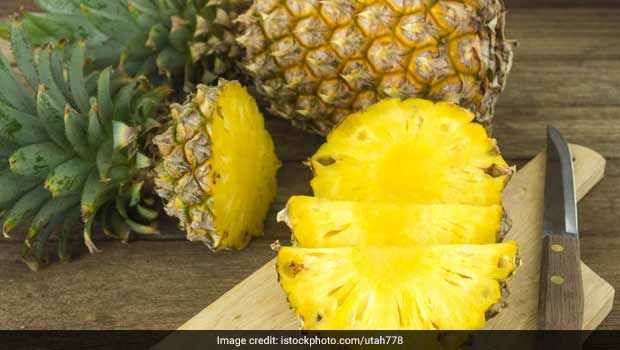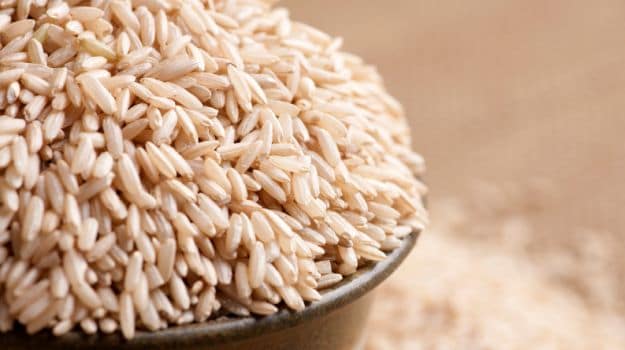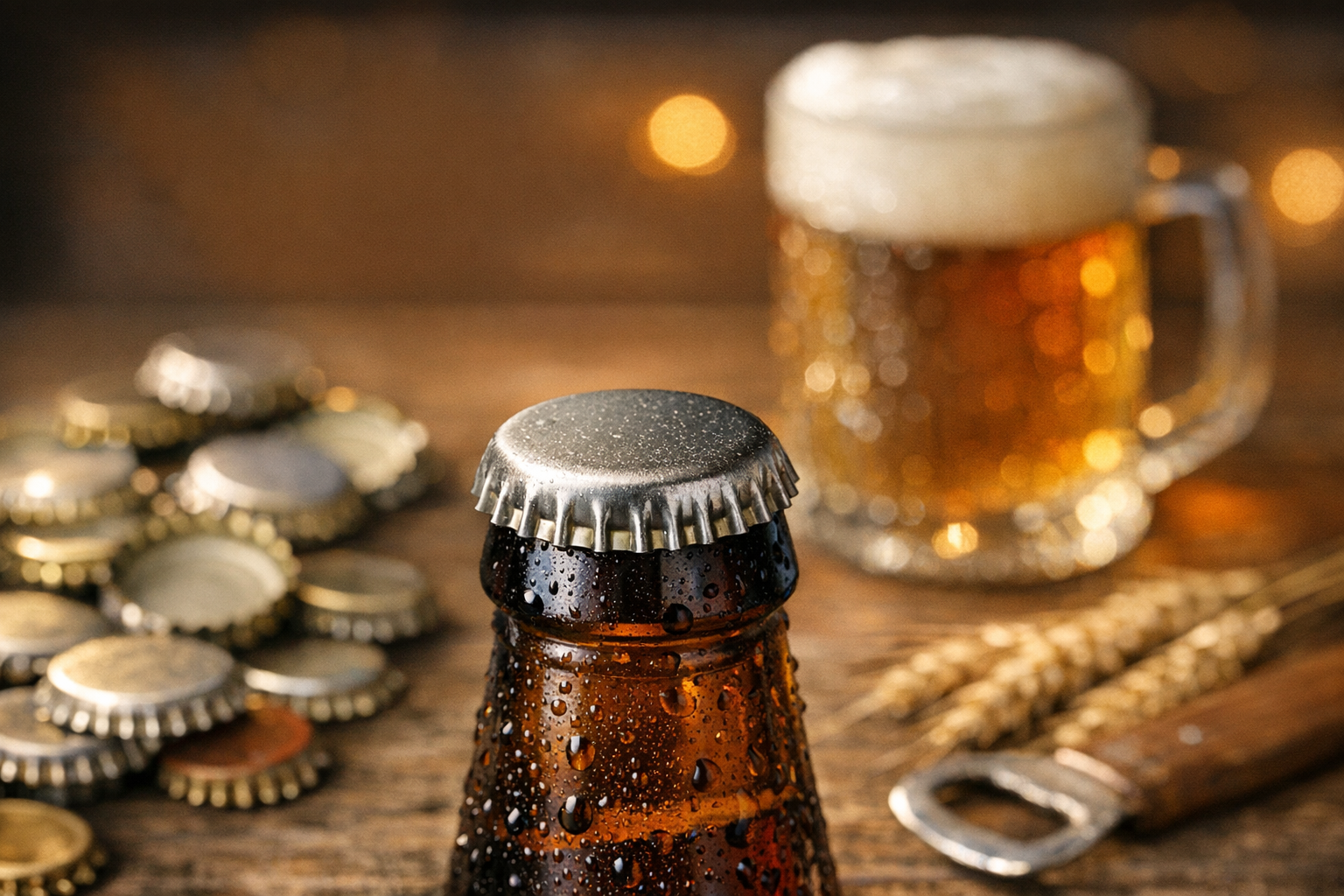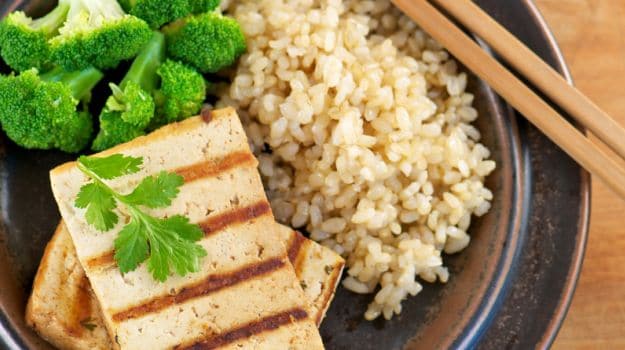Manganese is quite an important nutrient that is essential for the proper functioning of the body. This mineral supports a number of chemical processes in the body. Unfortunately, the body is unable to produce manganese on its own, so it has to rely on external sources like food for the supply. Once ingested, the body stores this nutrient in bones, liver, kidneys, pancreas and brain. Manganese deficiency can give rise to many health problems, most notably, premenstrual syndrome (PMS), osteoporosis, osteoarthritis and excessive weight loss. Manganese is as important as other minerals like magnesium and iron. Though required in small quantities, it is important to ensure that one is consuming enough of this essential nutrient.
(Also Read: 6 Magnesium-Rich Foods that Are Good For You)
Why Is Manganese Important?
1. May Support Bone Health
Manganese, when combined with calcium and Vitamin D, contributes to building dense and strong bones. Deficiency of manganese may lead to joint pains and weak bones.
2. May Improve Metabolism
Manganese aids in chemical processing of carbohydrates, proteins, cholesterol and amino acids, thus, helping in maintaining apt metabolism rate.
3. May Help Manage Diabetes
Many studies suggest that manganese may help in the production of insulin in the body, which is instrumental in regulating blood sugar levels.
4. Provides Antioxidants
Manganese is also known to supply superoxide dismutase (SOD), an antioxidant enzyme that protects the body from cell-damaging free radicals.
(Also Read: Why You Need More Magnesium in Your Daily Diet)
Food Sources of Manganese –
1.Nuts
Nuts are considered as superfoods carrying a host of vital nutrients. Almonds, pecans and pine nuts contain a good amount of manganese. These nuts can be consumed directly or crushed in salads, desserts or sauces.
(Also Read: Healthy Snacking Is All About Going Nuts Over Nuts: Here's How You Can Include Nuts In Your Diet)
 Power packed nuts
Power packed nuts2.Sweet Potato
This starchy yet sweet root vegetable is loaded with essential vitamins and minerals including manganese. You can eat it raw or cook to make dishes of your choice. Sweet potatoes are also ideal for diabetics.
 A healthier substitute for regular potatoes
A healthier substitute for regular potatoes3.Spinach
Spinach is known for its innumerable health benefits. As it is packed with a good amount of manganese, it can be a healthy addition to your diet. It is also packed with potassium, which makes it ideal for high BP patients.
 Nutrient-dense spinach
Nutrient-dense spinach4.Beans
Beans, especially pinto beans and lima beans, are excellent sources of manganese. They can be turned into curries to be eaten with rice or roti, or used in dishes like pulao and biryani.
 Healthy green magnesium-rich beans
Healthy green magnesium-rich beans5.Tofu
Tofu is popular for its high protein content but not many know that it is also a good source of manganese. Tofu can be made into a dry or gravy dish or can be used raw in salads.
 Tofu- A low-calorie good source of manganese
Tofu- A low-calorie good source of manganese6.Pineapple
Pineapple, a great source of manganese, can be eaten as is, can be juiced, or it can also be churned into ice-creams and desserts.
 Nutrients enriched pineapples
Nutrients enriched pineapples7.Brown Rice
Brown rice is a healthier alternative to refined, starch-dense white rice. Another reason to switch to brown rice is its reasonable content of manganese mineral.
 Treat both your taste buds & health with the goodness of Brown Rice
Treat both your taste buds & health with the goodness of Brown RiceHowever, one must practice moderation as too much of manganese can also turn out to be harmful to the body. Eating nutrient-dense foods usually fulfils our requirement of manganese. But, if manganese deficiency is detected, tweaking your diet a bit and including these foods will help you overcome the problems related to it.
Disclaimer: This content including advice provides generic information only. It is in no way a substitute for a qualified medical opinion. Always consult a specialist or your own doctor for more information. NDTV does not claim responsibility for this information.
About Neha GroverLove for reading roused her writing instincts. Neha is guilty of having a deep-set fixation with anything caffeinated. When she is not pouring out her nest of thoughts onto the screen, you can see her reading while sipping on coffee.









